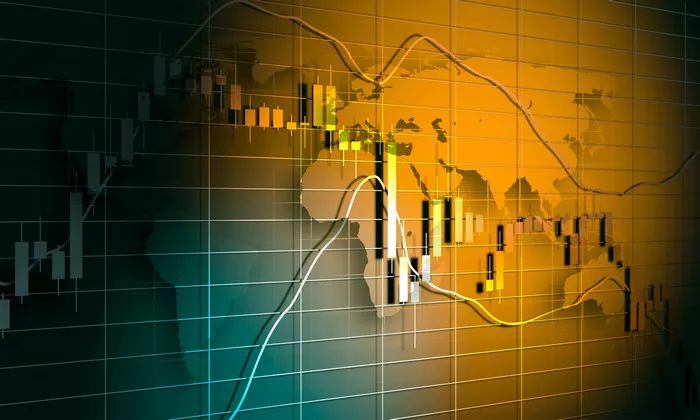Interactive Brokers is a popular online broker that provides access to a wide range of financial instruments, including futures contracts. Trading futures on Interactive Brokers can be a complex process, but with the right knowledge and tools, it can be a lucrative investment opportunity. Today, we will delve into the details of how to trade futures on Interactive Brokers.
What are Futures Contracts?
Futures contracts are financial instruments that allow traders to buy or sell an underlying asset at a predetermined price and date in the future. Futures contracts are traded on exchanges such as the Chicago Mercantile Exchange (CME) and the Intercontinental Exchange (ICE).
How to Trade Futures on Interactive Brokers?
Trading futures on Interactive Brokers involves several steps:
- Open an Account:
The first step to trading futures on Interactive Brokers is to open an account. Interactive Brokers offers several types of accounts, including individual, joint, and corporate accounts. Traders can choose the type of account that best suits their needs.
- Fund the Account:
Once the account is open, traders need to fund the account. Interactive Brokers offers several funding options, including bank transfers, credit/debit cards, and electronic wallets such as PayPal and Skrill.
- Choose a Trading Platform:
Interactive Brokers offers several trading platforms, including the Trader Workstation (TWS), WebTrader, and mobile apps. Traders can choose the platform that best suits their needs.
- Research the Markets:
Before trading futures on Interactive Brokers, it is important to research the markets. Traders should monitor news events and economic indicators that can impact the price of futures contracts.
- Place an Order:
To place an order for a futures contract, traders need to select the contract they want to trade, enter the quantity they want to trade, and select the order type (market, limit, or stop).
- Monitor the Trade:
After placing an order, traders should monitor the trade to ensure that it is executed correctly. Traders can monitor their trades on the trading platform or through the mobile app.
Trading Strategies:
There are several trading strategies that traders can use when trading futures on Interactive Brokers, including:
- Trend Following:
Trend following involves following the trend of the market and taking positions that are in line with the trend. Traders who use this strategy will buy when the market is in an uptrend and sell when the market is in a downtrend.
- Mean Reversion:
Mean reversion involves taking positions that are opposite to the current trend of the market. Traders who use this strategy will buy when the market is in a downtrend and sell when the market is in an uptrend.
- Spread Trading:
Spread trading involves trading two different futures contracts simultaneously in order to take advantage of price discrepancies between the two contracts. For example, a trader may buy crude oil futures and sell natural gas futures if they believe that the price of crude oil will rise relative to the price of natural gas.
Tools and Resources:
There are several tools and resources available to traders who want to trade futures on Interactive Brokers, including:
- Trading Platforms:
Interactive Brokers offers several trading platforms, including the Trader Workstation (TWS), WebTrader, and mobile apps.
- Market Data:
Market data such as price charts, news events, and economic indicators can help traders make informed trading decisions.
- Risk Management Tools:
Risk management tools such as stop-loss orders and limit orders can help traders manage their risk and protect their profits.
Trading futures on Interactive Brokers can be a complex process, but with the right knowledge and tools, it can be a lucrative investment opportunity. Traders who understand the factors that impact futures prices and who use effective trading strategies and risk management tools can increase their chances of success in trading futures. Interactive Brokers offers a wide range of tools and resources to help traders make informed trading decisions, including trading platforms, market data, and risk management tools. Traders should also do their own research and stay up-to-date on news events and economic indicators that can impact the price of futures contracts.
It is important to note that trading futures is a high-risk investment and is not suitable for all investors. Traders should be prepared to potentially lose all or a substantial portion of their investment. It is recommended that traders consult with a financial advisor before trading futures on Interactive Brokers or any other platform.
In conclusion, trading futures on Interactive Brokers can be a rewarding investment opportunity for those who are willing to put in the time and effort to learn the ins and outs of the market. By following the steps outlined in this article and utilizing the tools and resources provided by Interactive Brokers, traders can increase their chances of success in trading futures.

